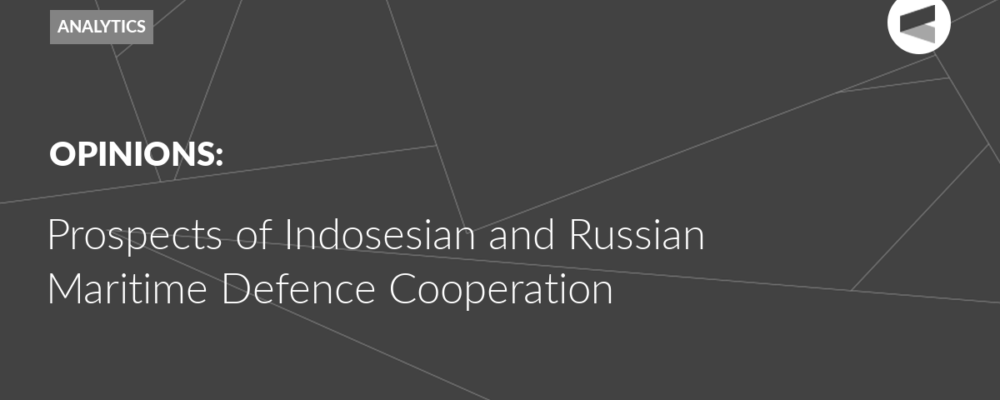On July 19, the Valdai Club held an expert discussion dedicated to the 2nd Russian-African Conference, titled “Russia – Africa: A strategy for cooperation in a multipolar world,” which will take place on July 24 in Dar es Salaam, Tanzania. Moderator Oleg Barabanov invited participants to discuss how Russian foreign policy with regards to Africa is developing and what tasks it sets for itself.
Oleg Ozerov, Ambassador-at-Large of the Russian Ministry of Foreign Affairs and Head of the Secretariat of the Russia-Africa Partnership Forum, presented an overview of Russia’s interaction with the African continent. He noted that the political dialogue both with individual countries and with the African Union as a whole is developing intensively. Preparations are now underway for the first meeting of the foreign ministers of Russia and African countries in Sochi, scheduled for November. Ozerov also emphasised that Africans understand the West is attempting to use the Ukraine crisis to sever Russian-African ties, contradicting the fundamental national interests of African states. It is not for nothing that out of 54 African countries, only 14 took part in the conference on Ukraine in Switzerland – and only 10 signed its final communiqué. “This reflects the work we have done to clarify Russia’s approach to the crisis in and around Ukraine,” the ambassador added.
Hand in hand with political interaction goes the development of economic ties. Last year, trade turnover rose to $24.5 billion. In addition, Russia provides economic assistance to a number of African countries. According to Ozerov, the Russian approach in this area compares favourably to the arrogantly dismissive Western approach, which often links aid to political demands, such as the repeal of legislation that protects traditional values. African dissatisfaction has prompted a crisis in relations with the West, which has contributed to the development of cooperation with Russia and China and the strengthening of such associations as BRICS and the SCO. This can serve as a lever for putting pressure on Western-centric institutions, Ozerov said. The trend towards African sovereignty continues to intensify. The continent is ready for a breakthrough.
Mayya Nikolskaya, acting Director of the Centre for African Studies at MGIMO, who authored the Valdai Paper on Russian-Tanzanian economic interaction, spoke about the partnership between Russia and Tanzania. She emphasised that the topic of partnership “is close to the Tanzanian national spirit and the way Tanzanians see international politics.” Tanzania is characterized by the principle of equidistance from all poles that are trying to attract it. This is especially important at the moment, as it opens up great opportunities not only for the Tanzanians themselves, but also for Russian business. Tanzania is one of those African countries that has been preoccupied with introducing its own vision of national development since decolonisation. It has a distinctive culture, supports autochthonous capital and, in principle, tends to rely on its own strengths and different trading partners. Now we see a movement towards Russian capital and business, primarily in the agro-industrial sector, but also in the fields of tourism and energy.
Daria Ilyenko, acting Head of the Russian House in Dar es Salaam, briefly outlined the activities of Rossotrudnichestvo in Tanzania and on the African continent as a whole. There are now eight state-owned Russian Houses in Africa, but Rossotrudnichestvo is also working to open non-state ones via local NGOs. The main tasks facing these centres are strengthening the role of the Russian language, supporting compatriots, and promoting Russian science, culture and education, which, according to Ilyenko, remains one of the main components of Russian influence in Africa. In particular, education is one of the main vectors of Russian-Tanzanian cooperation. Students and young specialists are being sent to study in Russia, as well as work with graduates of Russian and Soviet universities. Tanzania maintains a traditional interest in the Russian language as a tool for social, economic and educational growth. Russian language courses for tourism workers are in great demand. In addition, the Russian House helps Tanzanians become acquainted with Russian culture by organizing concerts by Russian artists, film screenings and performances, and it promotes scientific cooperation between countries.
Nourhan ElSheikh, Professor of Political Science at Cairo University and Member of the Egyptian Council on Foreign Affairs, called Russia a reliable partner of Africa and noted that now it makes sense to focus on economic cooperation. In this area, in her opinion, much has been achieved, but the level that would completely suit both Africa and Russia has not yet been achieved. It is necessary to increase trade volumes and implement ideas about trading in national currencies and developing systems of international payments and money transfers. An action plan with clear deadlines is probably needed. ElSheikh also pointed out the important role of culture and art as a way to communicate one’s point of view and overcome ingrained stereotypes. “It would be great if Russian culture came to every home in Africa,” she added, complaining about the lack of Russian films on African television.
Mikatekiso Kubayi, a researcher at the UNISA Institute for Global Dialogue, South Africa, examined Russian-African relations in the context of the transition to a multipolar world and the development of a multilateral approach in which Africa and the countries of the Global South get a voice and the opportunity to advance their interests. Africa is not the most powerful region nor the richest; for a long time, much was imposed on it from the outside, in fact not even allowing it to the negotiating table, but now it is finally trying to insist on its own. Against this background, the continent, despite external pressure, has chosen Russia as its development partner – particularly in such areas as science, production, technology, and infrastructure. This does not negate cooperation with other partners – African countries are close to the idea of non-alignment and they do not want to get involved in other people’s political games. Kubayi emphasised that the goal of Russian-African cooperation is not to act contrary to someone’s interests, but to achieve the goals of both sides.
The Valdai Discussion Club was established in 2004. It is named after Lake Valdai, which is located close to Veliky Novgorod, where the Club’s first meeting took place.
Please visit the firm link to site






